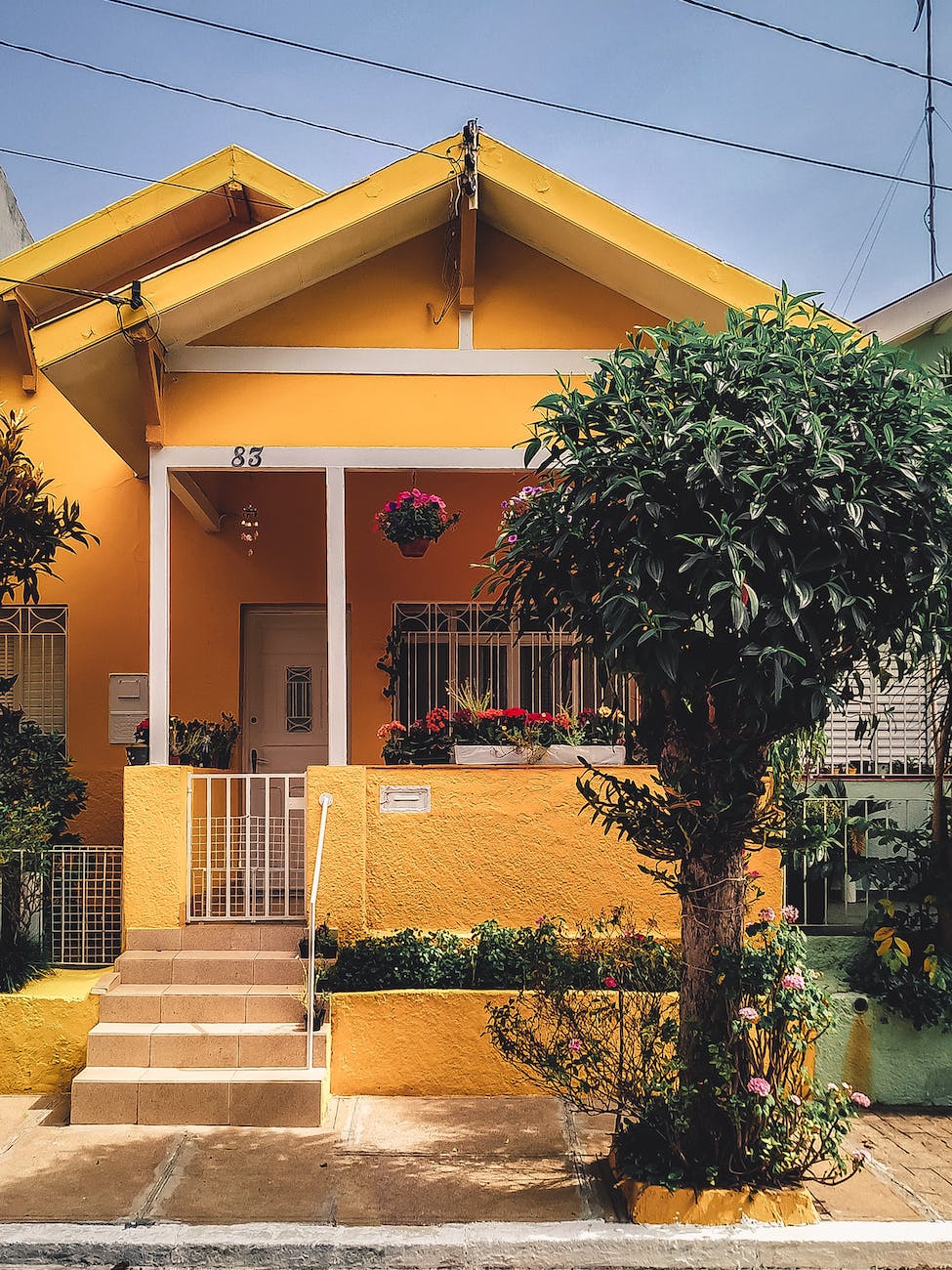So many policyholders tend to think that their home owner’s insurance will cover all their costs of loss in the event of accidents, natural disasters and other damage causing incidents. This is not correct because your home owner’s insurance will not provide insurance coverage for a property or building that is not being occupied by its owner. This is the reason why you need landlord insurance- to cover your building which you are renting out.
Meaning
Landlord insurance is a class of insurance policy that provides coverage for an owner of a rental property. The essence of this type of policy is to provide insurance coverage against damage to the property, third party liability protection, loss of habitation as a result of temporal inhabitability of the property etc. furthermore, it may additionally cover flood damage, inability of a tenant to pay rent etc. therefore, the moment you start renting out your property to someone else, landlord insurance policy becomes a high necessity because, homeowner’s insurance coverage will no longer give you cover.
Similarly, you will need landlord insurance as your tenants are generally not held liable when a large appliance malfunction, causing injury or damage to people through no fault of the tenant or a forest fire damages or destroys your property or other natural disasters. This is the whole essence of landlord insurance. Thus, always consider what you need to specifically cover and protect against in your rental property when buying landlord insurance.
What Landlord Insurance Covers?
A good, comprehensive landlord insurance policy will have three core protections:
Property/ Building damage
This isa class of landlord insurance that provides you coverage in the event your rented property or building is damaged or destroyed. It equally extents to damaged garages, fences, fixed domestic appliances and more. This aspect of the coverage also covers Legal liability cover up to $10m. Legal liability cover entails protection and financial indemnity if you’re liable to pay compensation for death, injuries and illnesses to other people and/or damage to their property that occurred at your rented and covered property arising from an accident.
Similarly, this coverage is to the event that your rented property or its furnishings suffer from fire damage, damages as a result of natural disaster such as earthquake, or electric/gas malfunction, vandalism, or recalcitrant tenants.
Lost of Rental Income/Rental Default Insurance
So many times, we rent our properties to tenants who are completely irresponsible and careless. This class of tenants most times cause our properties to be totally uninhabitable. These may include presence of acute mould, rodents, termites, etc. Then, this class provides temporary rental reimbursement to cover the rent money you’d otherwise receive if tenants could be occupying the property.
Liability Protection
This offers you financial coverage if you incur any liability to pay compensation for death, injuries and illnesses to other people and/or damage to their properties as a result of accident in your rental property. This liability coverage may be for medical or legal costs that might ensue if the tenant or a visitor suffers injury due to a property maintenance issue, or building collapse, etc.
Others are
There is other several additional coverage available for landlord insurance policies that are not as vital as the key covers above, but they could come in convenient and save you some money in the long run and they include;
Costs of rebuilding
This is the insurance protection you will get if your insured property is damaged or destroyed by an insured event. This feature may give you reasonable indemnity for;
Demolition and removal of your building’s debris;
Professional fees for architects, engineers, surveyors and solicitors and; Costs of complying with any requirements of any statutory authority
Guaranteed Income Insurance
This is the kind of rider to landlord insurance that indemnifies or reimburses the landlord if a tenant does not pay a complete rent for the month or if the does not pay any rent at all.
Flood Insurance
This is a coverage meant to offer insurance coverage to damages to the rental property as a result of flood. This is most recommended if the property is in a flood prone area.
Emergency Coverage
In the event a tenant calls you out to fix something such as a leaking dishwasher or was accidentally lock out of the house, this feature can help cover some or all of the costs you incurred to travel to the property and resolve the issue.
Rental costs after an insured event
This covers the equivalent weekly rent if your tenants can’t live in your rental property for at least seven days due to damage caused by an insured event. This feature will pay for your loss of rent on the insured rental property for the time necessary to reinstate your building, or for which access to the building is denied, or up to a maximum of 12 months, whichever period of time is lesser.
Replacement of locks
This coverage comes in if your keys for any outside door or window are burgled, stolen, or there are reasonable grounds to believe that the key has been duplicated. Then, it will pay you for the cost of replacing your locks or cylinders.
Costs
The factors that will influence the costs of your landlord insurance includes, where you live, how old your property is, presence good security system, no mortgage and some other factors such as the Insurance company in question.
This is because all insurers may charge different amounts for same policy and level of coverage. However, as rental properties are more prone to damage and incident, you can expect to pay about 15% more for landlord insurance on the same property, according to the free real estate investment tracking site Stessa.com.
Similarly, the length of time for which your rental property is active will equally influence the cost of premiums. For example, according to Houselogic.com, an informational website run by members of the National Association of Realtors states that you may pay nearly double in annual premiums if you rent out your home for only 12 weeks instead of an entire year. The essence is that short-term tenants are less likely to notice maintenance issues. They can equally be susceptible to carelessness. Also, these short term tenants may not understand the layout of the house and the location of the plumbing, electrical wirings and other things which invariably increase the level of risk of problems and the insurance company’s risks.




It’s a pity you don’t have a donate button! I’d without a doubt donate to this superb blog! I guess for now i’ll settle for bookmarking and adding your RSS feed to my Google account. I look forward to brand new updates and will talk about this blog with my Facebook group. Chat soon!
Thank you so much
Have you ever thought about writing an ebook or guest authoring on other sites? I have a blog based upon on the same information you discuss and would really like to have you share some stories/information. I know my viewers would enjoy your work. If you’re even remotely interested, feel free to shoot me an email.